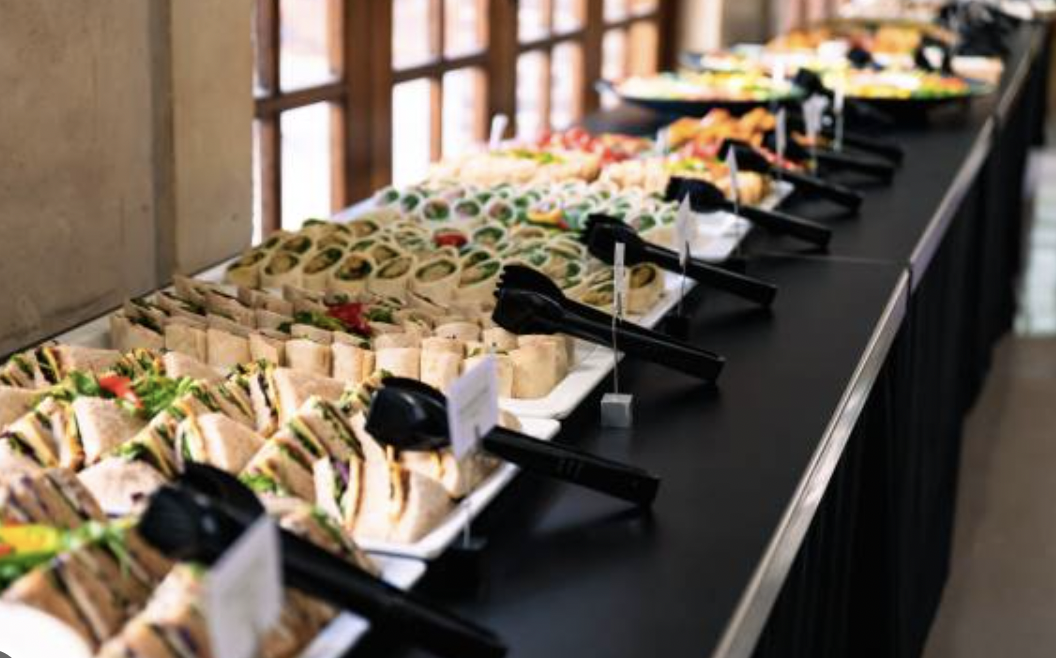What are Dietary Restrictions and How to Handle Them
Planning a menu for an event can be a difficult task, especially when it comes to accommodating various dietary restrictions.
From food allergies and intolerances to personal preferences and cultural considerations, event organizers must ensure that all guests can enjoy their dining experience.
In this article, we'll talk about the importance of catering for dietary restrictions and provide tips for successfully accommodating allergies, preferences, and special requests.
Importance of Acknowledging Dietary Restrictions
Accommodating dietary restrictions is not only a matter of hospitality but also of safety and inclusivity. Failing to address dietary needs can result in unhappy guests or even serious health risks for guests with allergies or intolerances.
What are the Most Common Dietary Restrictions?
Vegetarian: No meat or fish, but dairy and eggs are acceptable.
Vegan: No animal products, including meat, fish, dairy, eggs, and often honey.
Gluten-free: No wheat, barley, or rye. Commonly known to those with celiac disease or gluten allergies.
Dairy-free: No milk-based products. Mostly for those who are lactose intolerant or vegan.
Nut-free: No nuts.
Shellfish-free: No shellfish.
Kosher, Halal, or other religious/cultural restrictions: These diets follow specific rules based on religious or cultural practices.
The Best Way to Approach Dietary Restrictions at Your Event
1. Gather Information
When sending out invitations or RSVPs, include a section where guests can indicate any dietary restrictions or special requests.
This allows you to collect important information in advance and plan your menu accordingly.
2. Variety of Options
Create a menu that includes a variety of dishes to accommodate different dietary needs and preferences.
Include options that are gluten-free, dairy-free, vegetarian, vegan, and nut-free, as well as dishes that cater to specific cultural or religious dietary restrictions.
3. Label Menu Items
Clearly label each menu item with any allergens or dietary restrictions it may contain, such as "contains nuts" or "gluten-free."
This helps guests make informed choices and avoid ingredients they cannot consume.
4. Communicate with Your Caterer
Work closely with your caterer to ensure they understand the dietary restrictions of your guests and can accommodate them effectively.
Provide them with detailed information about any allergies, preferences, or special requests, and discuss options for alternative ingredients or substitutions.
5. Train Your Staff
Make sure that your serving staff are trained to respond to questions about the menu and are knowledgeable about common dietary restrictions and allergens.
They should be able to provide information to guests and assist them in making suitable choices.
6. Be Flexible
Be prepared to accommodate last-minute requests or changes to the menu based on guests' needs or preferences.
Flexibility and willingness to accommodate special requests demonstrate your commitment to providing a positive dining experience for your guests.
Conclusion
Catering for dietary restrictions requires careful consideration and attention to detail. By understanding the importance of accommodating allergies, preferences, and special requests, and following these tips for success, event planners can ensure that all guests are accommodated.
At Elevate LA, we prioritize the dietary needs and preferences of our guests and work closely with our caterers to provide a diverse and inclusive dining experience for all.
As you plan your next event, consider partnering with Elevate LA to ensure that your catering staff helps to meet the needs of all your guests.





